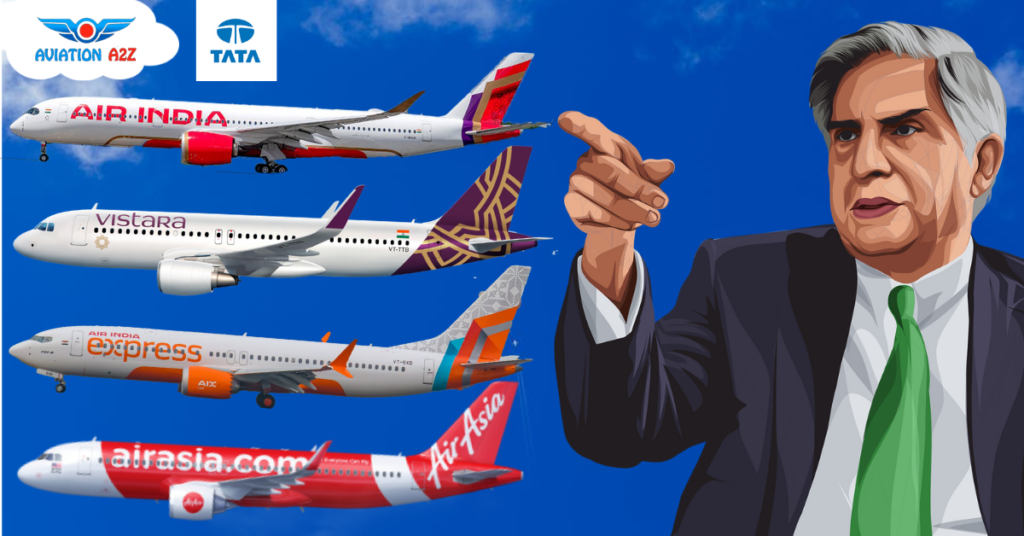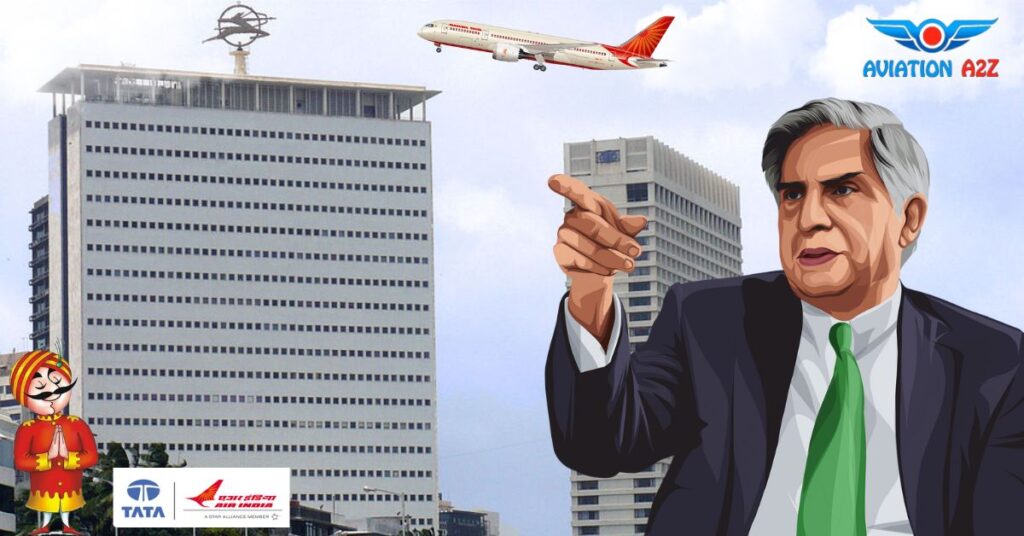MUMBAI- Air India Group parent Tata Group Chairman Emeritus Ratan Tata dies at the age of 86 in Mumbai’s Breach Candy Hospital.
Tata, who led the group for over two decades, had been receiving intensive care in a Mumbai hospital.

End of Era: Ratan Tata Dies at 86
Ratan Tata, former chairman of the Tata Group, died at 86, the conglomerate announced Wednesday.
Tata joined the family business in 1962 after graduating from Cornell University with an architecture degree. He worked across various Tata companies, notably turning around the National Radio & Electronics Company by reducing losses and increasing market share.
In 1991, Tata succeeded his uncle J.R.D. Tata as chairman, coinciding with India’s economic liberalization. He immediately set about modernizing the conglomerate, implementing retirement ages, promoting younger talent, and consolidating control over group companies.
Under Tata’s leadership, the group expanded its presence in telecommunications and IT. He founded Tata Teleservices in 1996 and took Tata Consultancy Services public in 2004, which became the group’s primary revenue generator.
Recognizing the need for global growth, Tata steered the conglomerate towards international acquisitions. This strategy marked a significant shift from the group’s previous approach, as Tata explained in a 2013 interview with Stanford Graduate School of Business.
Tata’s tenure saw the group make several high-profile acquisitions, putting the Indian conglomerate on the global map. His leadership transformed the Tata Group from a traditional Indian business house into a multinational corporation with a significant global footprint.
During his chairmanship, Tata navigated the group through India’s economic transition, balancing the need for modernization with the company’s long-standing values and traditions. His strategic decisions helped the Tata Group adapt to the changing economic landscape and compete effectively in the global market.
Tata’s impact extended beyond the business realm. He was known for his philanthropic efforts and commitment to social responsibility, continuing the Tata Group’s legacy of giving back to society. His leadership style and business acumen influenced a generation of Indian entrepreneurs and corporate leaders.

Global Leader will be Missed
Ratan Tata led the Tata Group’s global expansion through strategic acquisitions. In 2000, the group purchased British tea firm Tetley for $432 million.
In 2007, it acquired Anglo-Dutch steelmaker Corus for $13 billion, marking the largest foreign takeover by an Indian company at that time. Tata Motors followed this in 2008 by acquiring British luxury auto brands Jaguar and Land Rover from Ford Motor Co for $2.3 billion.
Tata championed innovative automotive projects within Tata Motors. He contributed initial sketches for the Indica, India’s first indigenously designed and built car, and the Nano, marketed as the world’s cheapest car.
While the Indica achieved commercial success, the Nano faced challenges due to safety concerns and marketing issues, leading to its discontinuation after a decade.

Biggest Philanthropist
Known for his modest lifestyle and philanthropic work, Tata was a licensed pilot who occasionally flew the company plane. He remained unmarried throughout his life.
The Tata Group’s philanthropic focus is evident in its ownership structure, with about two-thirds of Tata Sons’ share capital held by charitable trusts.
Tata’s leadership faced controversy, notably during the public dispute following Cyrus Mistry’s ousting as Tata Sons chairman in 2016. The Tata Group cited Mistry’s failure to improve underperforming businesses, while Mistry accused Tata of interference and creating an alternate power center.
Post-retirement, Tata became a prominent investor in Indian startups, supporting companies like digital payments firm Paytm, Ola Electric, and Urban Company. His contributions to Indian industry were recognized with the Padma Vibhushan, India’s second-highest civilian honor, in 2008.
Tata’s leadership transformed the Tata Group from a predominantly Indian conglomerate to a global player. His strategic acquisitions expanded the group’s international footprint, particularly in the automotive and steel sectors.
These moves positioned Tata Group as a major multinational corporation and showcased Indian companies’ potential for global expansion.
At last, to conclude, Ratan Tata Sir, you will be missed forever, and everyone will remember the impact had on this world. Om Shanti and May God Bless Your Soul and you reborn again in India.

